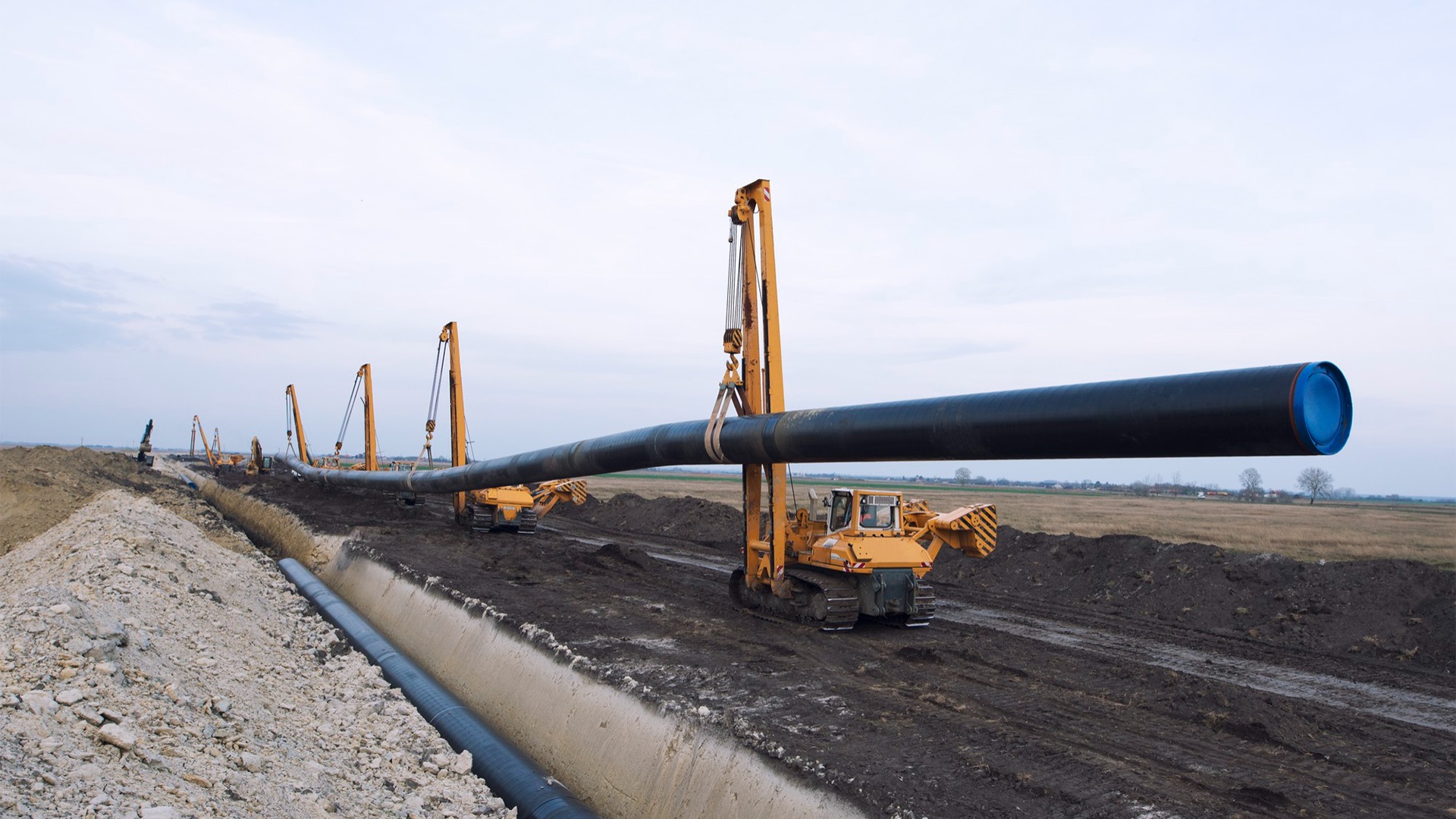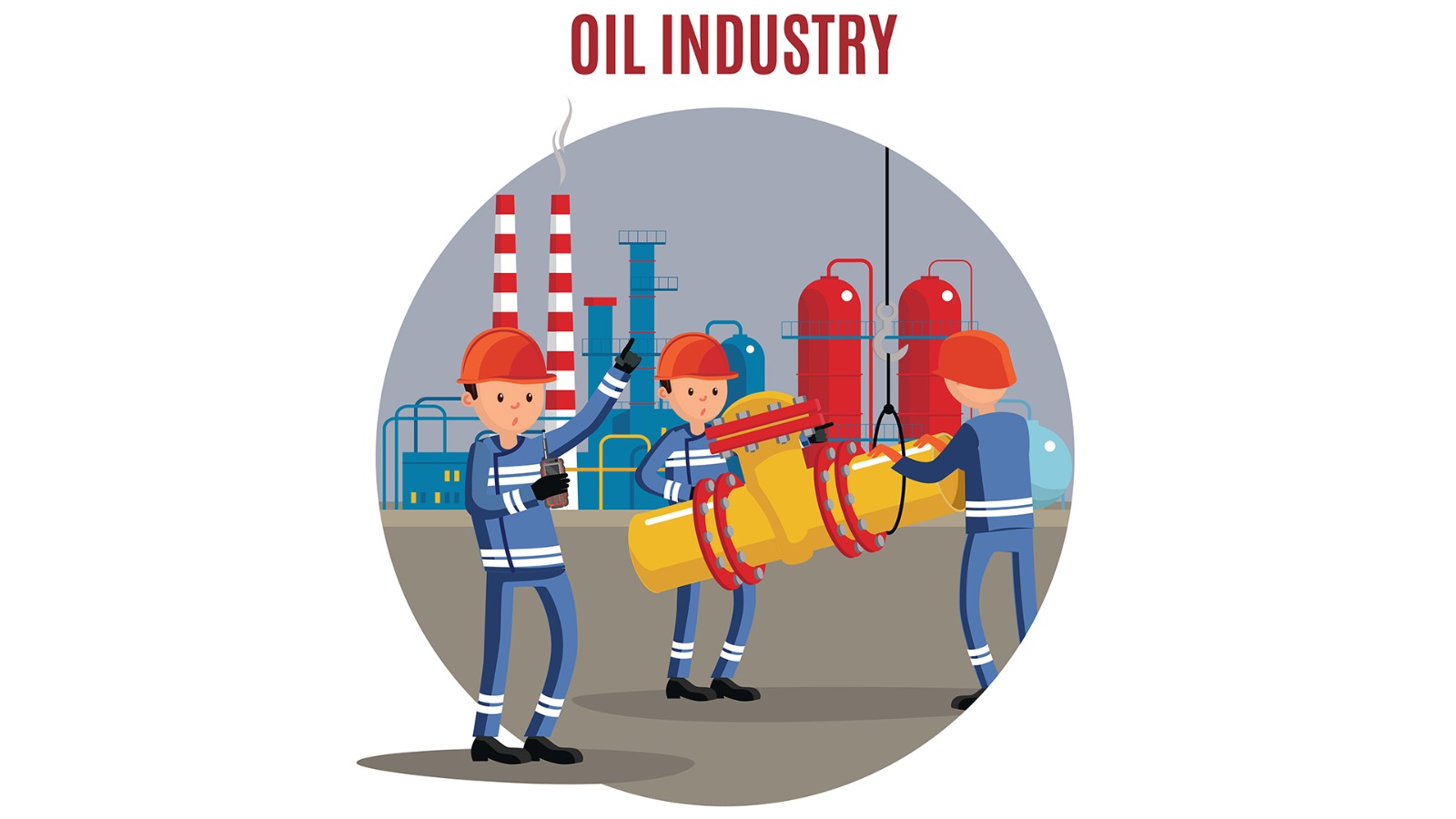
Learn Global Petroleum Trading & Marketing
Course overview
How does the petroleum sector function?
The jugular vein of the industrial sector is regarded as petroleum. Numerous products utilize petroleum. An effective industry that has been operating for more than a century is the petroleum sector. The trading of petroleum commodities, operating and managing the firm, and marketing the products all demand skills in this sector. There is a considerable demand for trained and skilled employees who can adapt to the increasing technological advancement and shifting market demands because of the petroleum industry’s rapid growth rate and significant technological advancement.
What sets marketing and selling apart from one another?
You will acquire the most cutting-edge information and expertise necessary to understand the science of international petroleum company management, trade, and marketing through the Training Bee training course. You will be equipped to hold responsible and senior roles at a government or multinational organization with a lot of room for progress within the organizations thanks to the training with real-world case studies and the most recent theoretical information. Additionally, it will improve your chances of finding better employment outside of your current company.
Introduction
This overview of the multidimensional field at the center of the global energy industry is given in this introduction to Global Petroleum Business Management, Trading, and Marketing. The management of the full petroleum product value chain, from exploration and extraction to transportation, refining, and marketing, is a part of it.
In conclusion, a vast range of activities, from the exploration and extraction of crude oil to its marketing and distribution, are included in the global petroleum business. It is a dynamic field with global operations that is influenced by a wide range of elements. For efficient global petroleum business management, trading, and marketing, it is essential to comprehend these dynamics and the opportunities and difficulties they bring.
We are The Training Bee, a global training and education firm providing services in many countries. We are specialized in capacity building and talent development solutions for individuals and organizations, with our highly customized programs and training sessions.
Learning Objectives
Upon completing Global Petroleum Business Management, Trading and Marketing, participants will be able to:
- Detailed knowledge in oil trading, commerce, and transportation
- Oil blending and quality control
- Sufficient oil valuation in trade
- Chartering of vessels, terminals, and pipelines
- Oil evaluation on technical, legal, safety, business, and commercial grounds
- Effective application of simulation tools and techniques.
- The fundamentals of managing the oil industry
- The oil market’s future
- Controls on pricing and price administration
- Calculations for economic barrels
Our Unique Training Methodology
This interactive course comprises the following training methods:
- Journaling – This consists of setting a timer and letting your thoughts flow, unedited and unscripted recording events, ideas, and thoughts over a while, related to the topic.
- Social learning – Information and expertise exchanged amongst peers via computer-based technologies and interactive conversations including Blogging, instant messaging, and forums for debate in groups.
- Project-based learning
- Mind mapping and brainstorming – A session will be carried out between participants to uncover unique ideas, thoughts, and opinions having a quality discussion.
- Interactive sessions – The course will use informative lectures to introduce key concepts and theories related to the topic.
- Presentations – Participants will be presented with multimedia tools such as videos and graphics to enhance learning. These will be delivered engagingly and interactively.
Training Medium
This Global Petroleum Business Management, Trading and Marketing training is designed in a way that it can be delivered face-to-face and virtually.
Course Duration
This training is versatile in its delivery. The training can be delivered as a full-fledged 40-hour training program or a 15- hours crash course covering 5 hours of content each day over 3 days
Pre-course Assessment
Before you enroll in this course all we wanted to know is your exact mindset and your way of thinking.
For that, we have designed this questionnaire attached below.
- Give your own definition of petroleum company management, trading, and marketing.
- What constitutes the global value chain of the petroleum industry?
- Give an explanation of the upstream, midstream, and downstream petroleum industry sectors.
- Identify the variables that affect the cost of crude oil on the world market.
- What function does OPEC (Organization of the Petroleum Exporting Countries) have in the world’s oil market?
- List some of the important worldwide benchmarks that are used to determine the price of crude oil.
- Talk about the importance that futures and options contracts play in the trading and risk management of petroleum.
- What are the most important factors to manage risk in the trading and marketing of petroleum?
Course Modules
This Global Petroleum Business Management, Trading and Marketing covers the following topics for understanding the essentials of the Agile Workplace:
Module 1 – Categories of Resources
- Both traditional and nontraditional resources
- The discovery state’s definition
- The resources’ capacity for economic growth
- Commercial potential of the area or reserve
- Forecast for output
Module 2 – Petroleum Production Management
- economic parameters
- A cash flow analysis
- Contracts for a shared production
- Contract extensions
- Estimating recoverable quantities
Module 3 – Cost Control in Production
- Fuel consumed during operations
- Hydrocarbon-free substances
- Costs of gas storage
- Re-injection of natural gas
- Royalty
- Incremental initiatives
- Conversion of hydrocarbons
Module 4 – Methods of Resource Assessment
- Performance assessment
- Deterministic approach
- Geostatistical approach
- Probabilistic approach
- Integrated techniques
- Aggregation technique
Module 5 – international trade in oil
- Global marketplaces
- Pricing internationally
- Product trade flows and transportation internationally
- Market analysis
- Price evaluation
- Oil industry slang
- Actual markets
Module 6 – Physical Exchange
- Various contract types
- Important oil markets
- Standards for crude oil
- Function of price reporting organizations
- Trading in petroleum products
- Hedging techniques
Module 7 – Petroleum Oil Marketing
- Market behavior
- Distribution methods
- Client segmentation
- A transportation analysis
- Product-market rivalry
Module 8 – Marketing Techniques
- Utilizing the AIDA model
- Retail marketing
- Retail advertising
- PESTEL evaluation
- Impacts of the petroleum sector on the micro- and macroeconomics
Module 9 – Global Petroleum Organization
- Producing nations for oil
- Organization of Petroleum Exporting Nations (OPEC)
- International businesses
- Energy diplomacy
- OAPEC
- The oil sector is connected to the world economy.
Post-course Assessment
Participants need to complete an assessment post-course completion so our mentors will get to know their understanding of the course. A mentor will also have interrogative conversations with participants and provide valuable feedback.
- Describe the functions and obligations of the major participants in the upstream, midstream, and downstream sectors of the global petroleum business.
- Describe the variables that affect the price of crude oil on the world market and how these variables may affect industrial decision-making.
- Examine the importance of global benchmarks like Brent and WTI and how they impact trade and price in the petroleum market.
- Talk about the numerous hedging and derivatives strategies and methods for risk management in petroleum trading and marketing.
- Analyze the environmental and sustainability issues the petroleum industry is facing, as well as the solutions being employed by businesses.
- Provide examples of how government regulations and geopolitical considerations have affected the global petroleum industry.
Lessons Learned
Grasp the Petroleum Value Chain: By the end of the course, students should have a thorough grasp of the petroleum value chain, which includes upstream exploration and production, midstream transportation and storage, and downstream refining and marketing. Making knowledgeable business judgments requires having this knowledge.
Price Determinants and Volatility: The course would have most likely focused on the numerous variables that affect crude oil prices, such as supply and demand dynamics, geopolitical events, and market mood. Students should understand how oil prices can fluctuate and how to reduce risks.
Global Dynamics: Geopolitics, trade, and international agreements all have an impact on and are tied to the world’s petroleum sector. It is essential to comprehend the function of groups like OPEC and how world events affect the market for petroleum.
Risk management: Students ought to have learnt the value of good risk management in the trading and marketing of petroleum. To protect against price changes and reduce operational risks, this involves the use of derivatives and hedging techniques.
Environmental and sustainability considerations: Because of its effects on the environment, the petroleum industry is coming under more scrutiny. The difficulties that come with lowering emissions, switching to cleaner energy sources, and achieving sustainability objectives need to have been made clear to students.
Energy Transition: It’s important to be aware of the current energy transition. The transition to renewable and low-carbon energy sources presents opportunities and difficulties for the petroleum sector. The answer lies in adaptability and diversification techniques.







